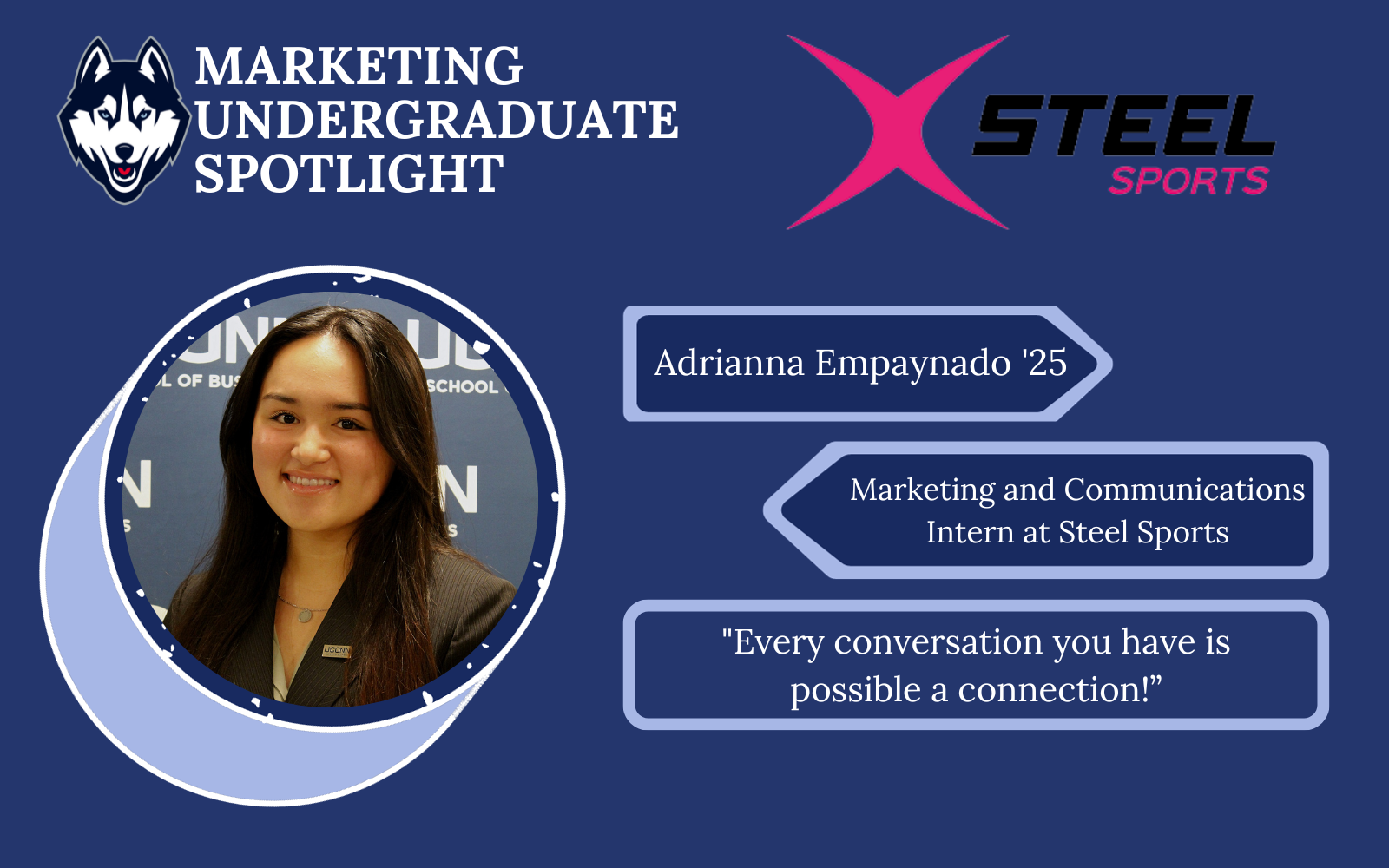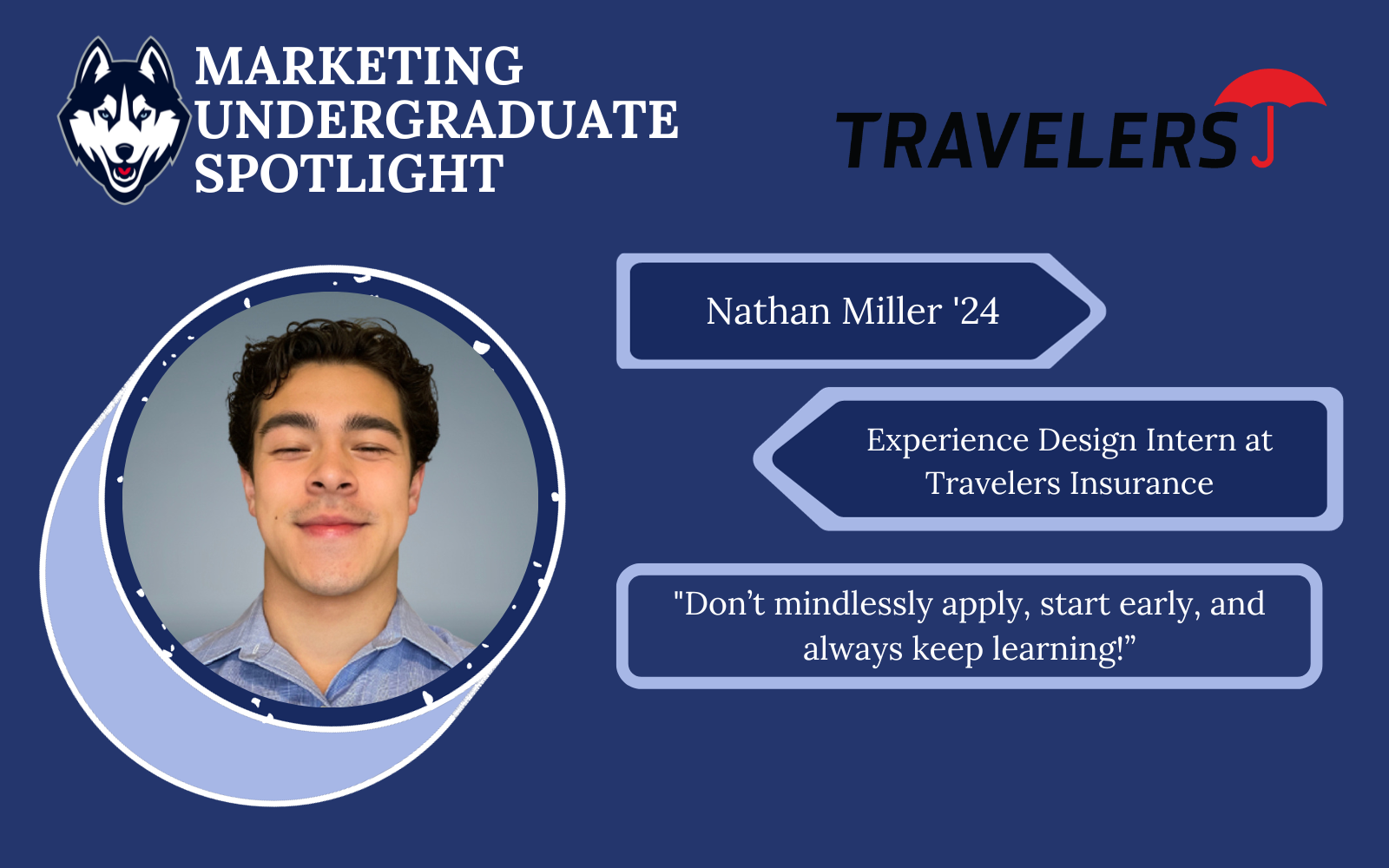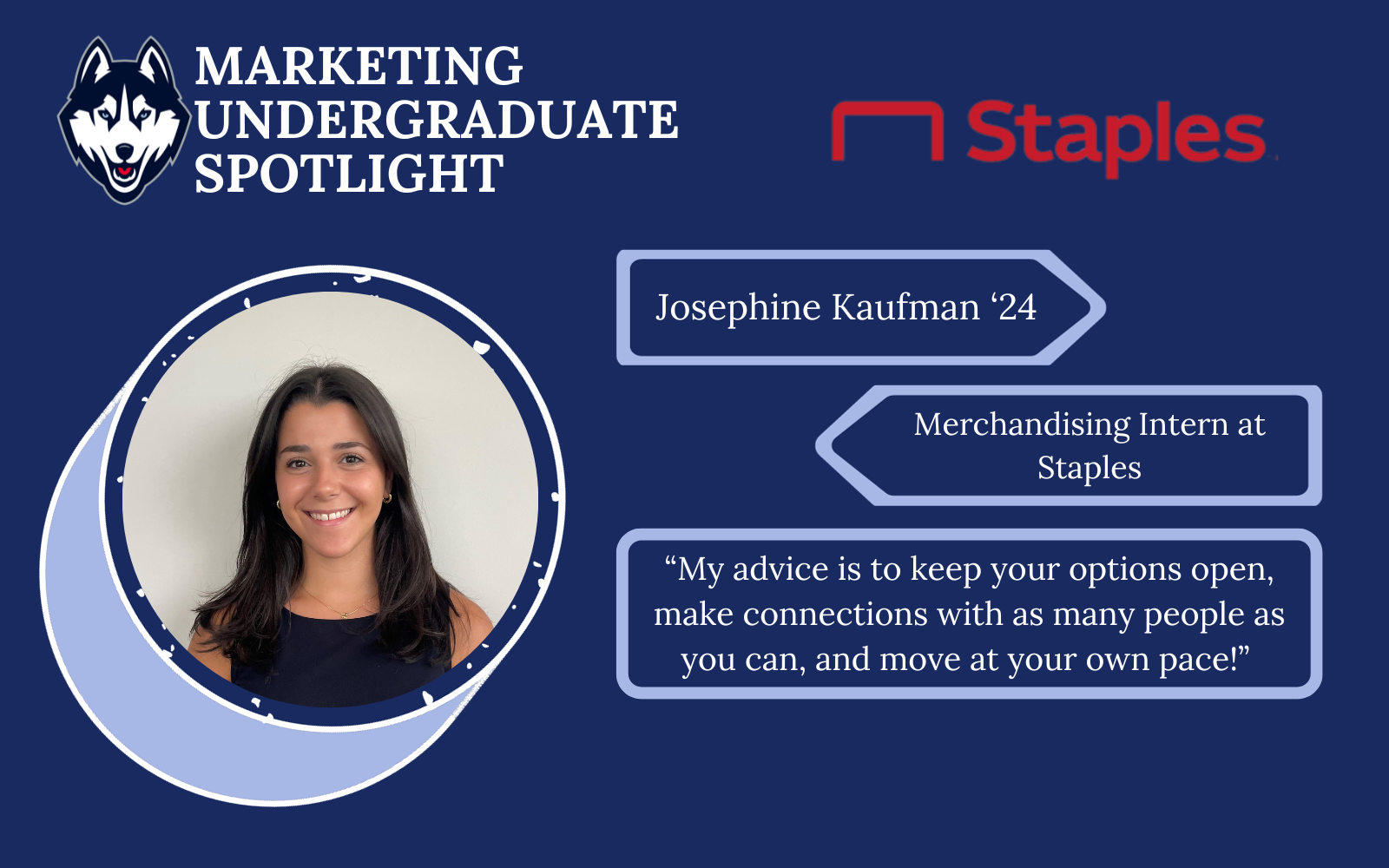One of the seasonal greetings I received recently wished me “Love, Light & Everything Bright.” It made me smile, and reminded me that this is the time of year for upbeat messages of good cheer. Most often the message celebrates family and friends and special moments. The greeting evoked several upbeat messages of recent days. Let me share them, focusing on our UConn School of Business, Connecticut, and the world.
At the School of Business, we just concluded a strong year and a robust semester. Many new programs and efforts are underway, new degree programs are being created, some departments have been restructured, and our students are thriving and successful.
The COVID pandemic had a remarkable impact, some good, some definitely not so good. Our newest students suffered during their final years of high school, but are recovering nicely with strong support and encouragement from our faculty and staff. During that time, we learned how to take maximum advantage of virtual platforms for education, and have launched a fully online MBA and transformed other programs. Our students have more options, more focused tutorials, and other support for learning, built on what we discovered during COVID.
Importantly, while the popular press cannot get past doom-and-gloom assessments about the status of higher education and the “irrelevance” of education to personal growth, happiness, and success, our applications continue to soar. Young people still see education as a pathway to a brighter future. And at UConn, applications to the School of Business in Storrs are up 33 percent since last year.
In the School of Business, we embrace our role as an agent of economic growth and success within the state. We work with companies, the legislature, the governor, local communities, and non-profits to grow our future. Perceptions of the state of Connecticut’s economy have not kept up with an improving reality. Tax revenues have grown, enabling the state to refill its contingency funds while paying down some long-standing, underfunded pension obligations.
I recently attended a meeting of our Future Climate Venture Studio, a UConn initiative to identify, support and collaborate with startups addressing the most critical dimensions of the climate challenge. UConn President Radenka Maric and Dan O’Keefe, commissioner designate of the Department of Economic and Community Development, were featured speakers. People are aware of President Maric’s inspiring leadership around sustainability and climate change. She is leading UConn as a forerunner among universities in the quest for carbon neutrality. O’Keefe is a newcomer to Connecticut, whom the governor recruited. He spent 25 years in the private sector before being appointed to a newly created role as Chief Innovation Officer. Now he is heading up the DECD.
In a world with more choice for the workforce about where to live and work, O’Keefe asks: Why not work where the quality of life, the quality of education and the quality of health care is high? Both personally and professionally, I welcome this invitation to grow our state’s population with even more talent. He pointed out that last year, Connecticut was the seventh-fastest growing state by GDP in the union. In the last two years, our population growth points to a light and bright future.
At the world level, there is also a lightening and brightening in our future, although clouded by war and conflict in Ukraine and the Middle East. Future Crunch is a newsletter authored by economist and journalist Angus Hervey that just published “66 Good News Stories You Didn’t Hear About in 2023.” He reminds us that the 24-hour news cycle thrives on attention grabbing bad news that gets refined and updated minute by minute. Looked at closely, the bad news stories are usually urgent, short-term, attention-grabbing moments that, in the aggregate, feel like an inescapable, overwhelming worsening of the world. The headlines and news anchors bombard us with statements like: inflation is up, there was another mass shooting, the warming world is attacking us with tornados and droughts, and worse.
In contrast, Hervey looks back at the year 2023 and summarizes often surprisingly good news. The distinction between the minute-by-minute bad news and the reflection on a year of progress reminds me of the Martin Luther King quote: “….the arc of the moral universe is long, but it bends toward justice.”
There are 66 items in Hervey’s list and I will mention only a few. Since I just mentioned UConn’s sustainability focus and our Climate Studio, it is important to note how many of the 66 items are linked to sustainability, regulation of human polluting behavior, and the surprising progress being made. The production of electric vehicles; the shift to carbon-neutral solar, wind and geothermal sources, extreme reduction of reliance on fossil fuels …..all change the landscape in such a way that it is looking more and more likely that limiting the increase in global temperatures to 1.5 degrees Celsius may be possible.
The EV story is eye-opening. Global sales increased by 36 percent last year. Just two years ago, one in 25 cars sold was electric. This year one in five will be, and by 2025, one in two.
Global health is another good-news story. Polio, tuberculosis, river blindness, and HIV are but a few of the menaces against whom mankind is winning. It is not just vaccines and technology creating this revolution, but also good practices including clean water, breast feeding, prenatal care, support for birthing and more. Almost everywhere worldwide improvements continue. Beyond health, there are upticks in education, especially for young women. The overall instances of poverty are in sharp decline.
As we enter 2024, we at the School of Business wish you a wonderful year and the continued realization of these light and bright aspects to our collective future. We share our hopes that world leaders can find ways to moderate the conflicts that have the potential to imperil that future.



